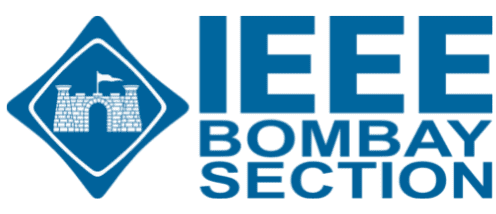Speaker: Dr. B.Satyanarayana, Tata Institute of Fundamental Research, Mumbai
Date and time: Saturday, August 27, 2014 2:30pm – 4:30pm.
Venue: Pillai Institute of Information Technology, Panvel
Abstract:
The India-based Neutrino Observatory (INO) Project is a multi-institutional effort aimed at building a world-class underground laboratory near Madurai in Tamil Nadu. The project includes construction of an Iron Calorimeter (ICAL) detector for studying many key open questions of the tiny and elusive particles called neutrinos.
ICAL will consists of 50000 tons of magnetized iron plates arranged in stacks with gaps in between where around 29000 Resistive Plate Chambers (RPCs) would be inserted as active detectors. A total of about 3.6 million ultra high speed electronic signals need to be instrumented.
In this talk I will dwell upon a number of challenges and opportunities in designing and operating very large and complex electronic systems that this mega science project will throw open to the community, which will encompass almost all the disciplines such as ASIC and FPGA based high speed electronics, trigger and data acquisition systems; communication protocols and networking; intelligent control and monitoring systems; highly reliable and programmable power supply systems and so on.
Speaker’s profile:
Dr. B.Satyanarayana did his B.Tech in Electronics and Communication Engineering from J.N.T.University, Hyderabad and Ph.D. in Physics from IIT Bombay. Dr. Satyanarayana is working in the Department of High Energy Physics, TIFR since 1983 – is currently a Scientific Officer (G). His areas of interest include ‘Detectors and Instrumentation for high energy and nuclear physics’. He worked on many major experiments, including a series of underground experiments at Kolar Gold Fields, D-Zero experiment at Fermilab, Chicago and CMS experiment on LHC at CERN, Geneva. He is fully engaged for the past decade and a half in building a mega science experiment called ICAL at the proposed India-based Neutrino Observatory near Madurai.
Dr. Satyanarayana is a Fellow of Institution of Electronics and Telecommunication Engineers and Institute of Engineers. He is a Member of Instrument Society of India, Indian Physics Association as well as a Senior Member of IEEE. He was a member of the Governing Council, Instrument Society of India and is currently a member of the Executive Committee, IEEE Bombay Section and its Technical and Professional Activities Chair (TPAC).
Dr. Satyanarayana has published 150 research papers and proceedings in national and international journals and conferences and delivered scores of invited talks. His first paper has won the best paper award by the Institution of Electronics and Telecommunication Engineers.
